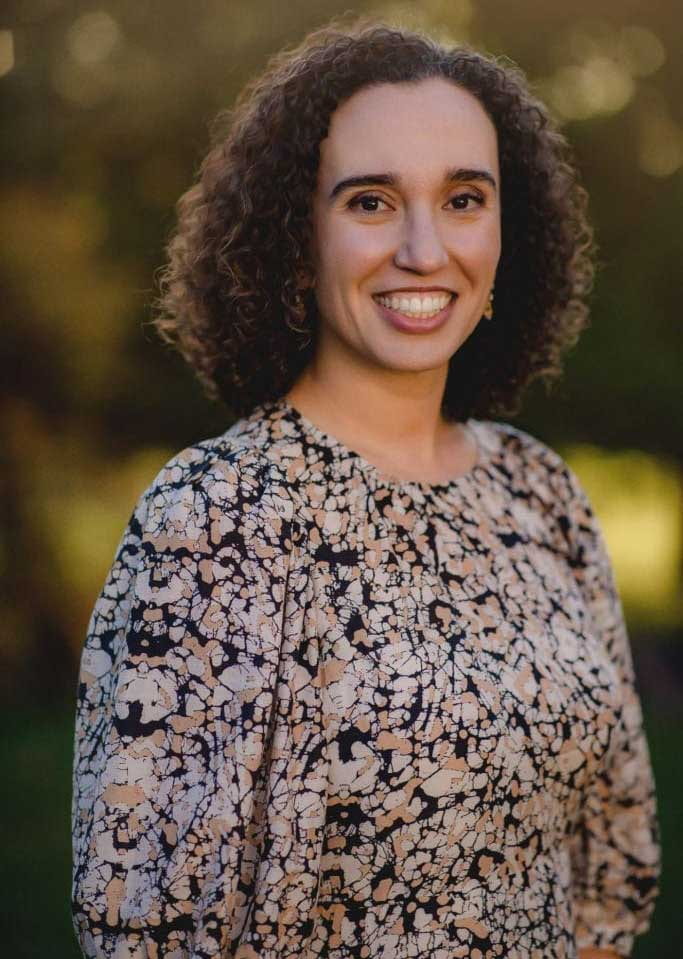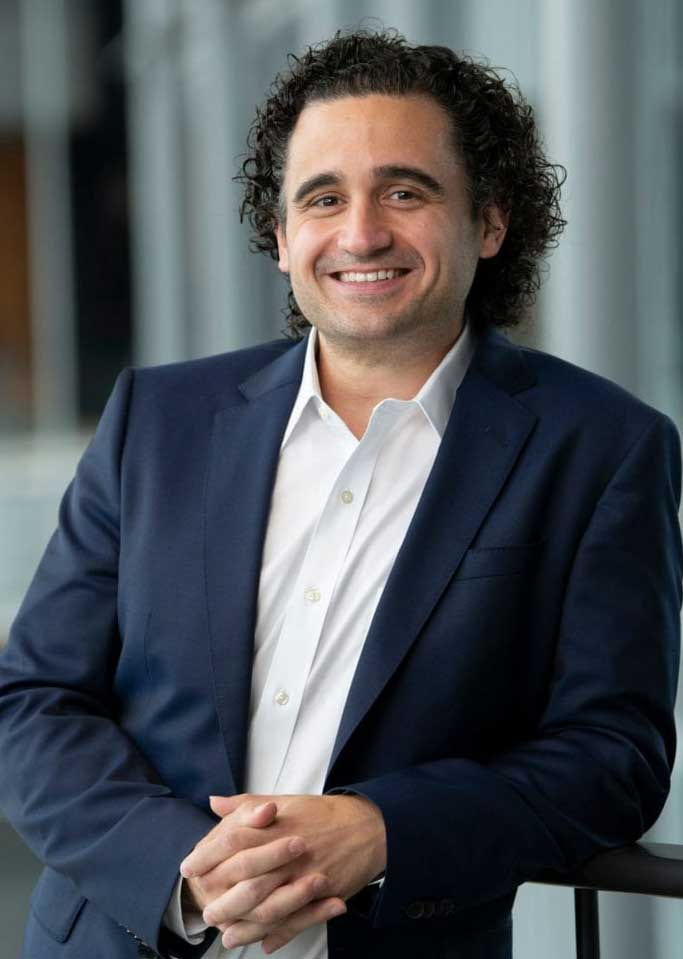January 19, 2022
From first-generation college students to Ivy League professors
East Providence, R.I., natives Dr. Mabel Abraham ’03 and Dr. Tristan Botelho ’07 are siblings with more than family in common. Both earned doctorates from MIT’s Sloan School of Management and now are assistant professors at Ivy League universities — Abraham at Columbia and Botelho at Yale.
They were the first to attend college not just in their nuclear family, but in their extended family as well. In an episode of the PC Podcast, they explained how challenging it was not being able to ask for advice from older cousins, aunts, or uncles when going through the admission process.
“As a first-generation student, a lot of the steps were more challenging because I simply lacked the knowledge or the resources to be able to figure out how to give myself a leg up,” said Abraham. “I think that’s a constant I faced from applying to school through graduating with my Ph.D. and sometimes even in my current job.”
As professors, they believe that when they share with others that they are first-generation college students, they support inclusivity and encourage people like them.
“It used to be the case where people would say, ‘You are siblings? Your parents must be professors,’ and it’s actually really fun to respond, ‘No, actually, we’re first-generation college students,’” Abraham said.

Despite not attending college themselves, their parents were supportive of their children attending college and eventually becoming academics.
“It’s incredible to me thinking back at how supportive my parents were,” said Abraham. “They recognized, despite not having an education themselves, the value of education. Specifically, when we were young, they recognized the value of going to college and getting a degree, and ideally getting an advanced degree. They couldn’t tell us how to do it, but they definitely encouraged us to figure it out and supported us every step of the way.”
In the late 1990s and early 2000s, the internet was not the resource it is today, so Abraham and Botelho chose where to attend college based on the information they could find and their own intuition. They also emphasized how important it was for them to stay close to home, as it is for many first-generation students.
Abraham thought she wanted to study biology and become a pediatrician, but with the help of her parents she realized it was not the path for her. She graduated with a degree in mathematics and worked at Fidelity Investments as an actuary. While with the firm, she became interested in the social dynamics of the workplace, such as gender inequality.
She debated going back to school to earn a degree in sociology, but with the help of a brainstorming session with her brother, decided to enroll in a Ph.D. program in management.
Botelho, a history and finance double major, always had a passion for history, but felt he should choose a major that would allow him to achieve a high-paying job after college. History was a passion, but finance was practical. After PC he worked as an investment banker, but quickly realized it was not for him. He decided to follow his passion for academia and went back to earn a graduate degree.
He researches evaluation processes in market and organizational settings to better understand questions related to bias, careers, and entrepreneurship.
After Botelho and Abraham received their Ph.D.s from MIT, they completed a number of research projects together.

“No offense to my other collaborators, but Mabel is my favorite collaborator,” Botelho said. “What drives it to be such a successful partnership is the fact that we are both really obsessed with quality and we both enjoy working hard but having fun in the process. It’s always kind of special when you can share it with someone that you know so well.”
One reason their collaboration works is that they were trained by the same MIT professors and held to the same expectations. But because they also do independent research, they are able to bring unique perspectives to the research questions, which enriches their conclusions.
“What’s nice about it is that you’re not filtered,” said Abraham. “When you’re working with a collaborator, even a good friend, there’s a filter because we’re in a professional environment and we need to be mindful of that we say. But with Tristan, I will let him know exactly what I’m thinking at any given moment.”
Abraham’s independent research has been focused on gender and gender dynamics, specifically, what leads to gender differences in outcomes — why women are disadvantaged in hiring, or why their work does not get as much attention as work done by men. She also studies why women do not pursue jobs in certain fields, such as STEM, and what drives their decisions.
Abraham and Botelho believe many of their undergraduate and post-graduate experiences were different because they were first-generation students. Botelho spoke about how out of place he felt during his first few weeks as a Ph.D. student.
“I hadn’t met anyone yet, so I sat down next to a group of students randomly and they were discussing this commonality of having parents as faculty members,” said Botelho. “I think that is still one of the starkest things for me. I’ve met so many colleagues, and once you get to know them you realize that their parents are professors. It’s so much more common than I ever expected. It was just something, by way of my own background, that was surprising.”
Abraham said this fact made her feel much less prepared than her counterparts in graduate school.
“I remember during my first semester, for the first time realizing — maybe this wasn’t the case, but it felt like it — ‘Everyone else has read rigorous academic research before’ … whereas I remember reading my first academic paper and literally having no idea what was going on,” said Abraham. “I had to look up some of the words because I didn’t even know what they meant.”
The PC1G Program at Providence College is designed to support first-generation students with mentors and advisors who can answer their questions and help them navigate unfamiliar processes.
“I think a challenge is that a lot of first-generation students are less likely to ask for help because they already feel potentially inadequate or underprepared,” said Abraham. “Anyone who is able to help debunk that is the most effective (resource) for students. You don’t have to move mountains to help students. It’s just the small things.”
– Maeve Hickey ’21, ’22G





